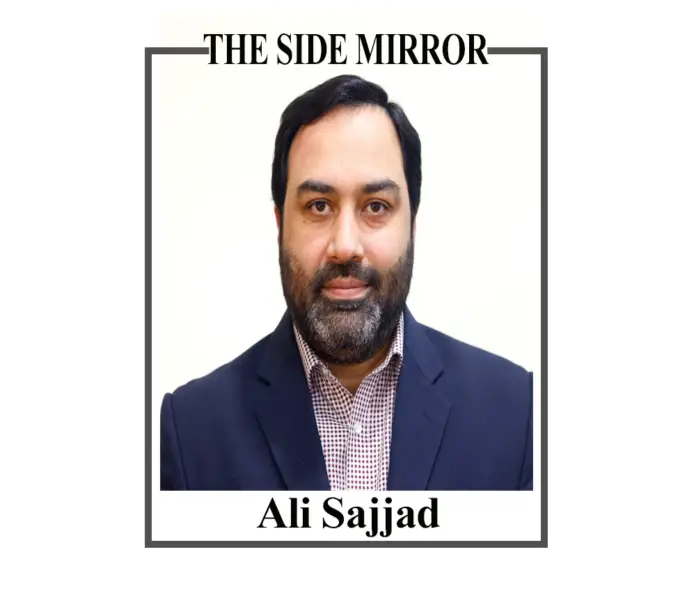History has been kind to Asif Ali Zardari. And to some extent unkind too.
When Benazir Bhutto was alive, Asif Ali Zardari used to be linked to all kind of scams and scandals. He was incarcerated for 11 years from 1990 to 2005 and later on in 2019. He never complained about political vendetta and whenever he got power, he was quick to forgive his detractors.
To be Asif Ali Zardari requires courage.
Now, history is turning its kind face towards Asif Zardari. He has made history by securing the presidency for the next five years, marking a significant milestone in Pakistan’s democratic journey. The seasoned politician and Pakistan People’s Party Co-Chairman Zardari garnered support from a diverse array of parliamentarians, including members from Pakistan Muslim League-N, Muttahida Qaumi Movement-Pakistan, Balochistan Awami Party, Istehkam Pakistan Party, and independent candidates, among others. Such a widespread support for a candidate does not occur every other day.
This broad coalition is a testament to President Zardari’s widespread appeal and the trust reposed in his democratic credentials.
The opposition, led by Pakistan tehreek-i-Insaf, fielded Pashtunkhwa Milli Awami Party Chairman Mahmood Khan Achakzai as their candidate. This was a smart move by Imran Khan. The person like Achakzai put forth a formidable challenge. However, the majority of votes tilted in favour of President Zardari, making him the first politician in the country to secure the presidency for the second time.
The support for President Zardari extended beyond party lines, with key figures like Khalid Maqbool Siddiqui of Muttahida Qaumi Movement publicly endorsing him after a dinner hosted by Prime Minister Shehbaz Sharif in Islamabad. Earlier, the MQM had refused to support Zardari sahib. But Mr Zardari does not believe in confrontation. He held talks with MQM leaders and won over their support. The nomination by QM further solidified President Zardari’s position as a unifying figure capable of garnering widespread support.
Only, the Grand Democratic Alliance (GDA) opted not to cast their votes, highlighting their distinct approach in the political landscape. The outgoing President, Arif Alvi, who took office in September 2018, faced a tumultuous tenure marked by unprecedented political challenges and criticisms from various quarters. Mr Zardari would be a different president.
As per constitutional procedures, the chief election commissioner served as the returning officer, overseeing the presidential election process. The polling, scheduled from 10 am to 4 pm, required members to mark their preferred candidate with a special pencil and present their respective House of Parliament identity cards. Any deviation from the specified process led to the invalidation of the vote. The chief election commissioner appointed the Chief Justices of relevant High Courts in Sindh, Khyber Pakhtunkhwa, Balochistan, and Islamabad, with a member of the Election Commission of Pakistan serving as the Presiding Officer in Punjab. The election, mandated to be held within 30 days of assembly elections, reinforces the democratic foundations of the nation.
This marks the fourth election of a civilian president who has completed the constitutional term, a testament to the enduring trajectory of democracy in Pakistan since 2008. However, the political landscape has not been without its challenges, particularly since 2018. A culture of intolerance and backbiting has marred the identity of the Parliament, impacting the role of the President, who is constitutionally obligated to unify the federation.
The political tension and noise surrounding the 2024 presidential election must be approached with caution. The President’s role transcends politics, demanding a commitment to navigating the federation through challenging times. An environment of understanding and cooperation is essential for the government to make informed decisions and guide the nation towards stability.
As President Zardari begins his second term, he faces the formidable task of steering the country through the persistent political turmoil. The hope is that a renewed commitment to democratic principles will prevail, ensuring a harmonious and productive period for the benefit of the people.







